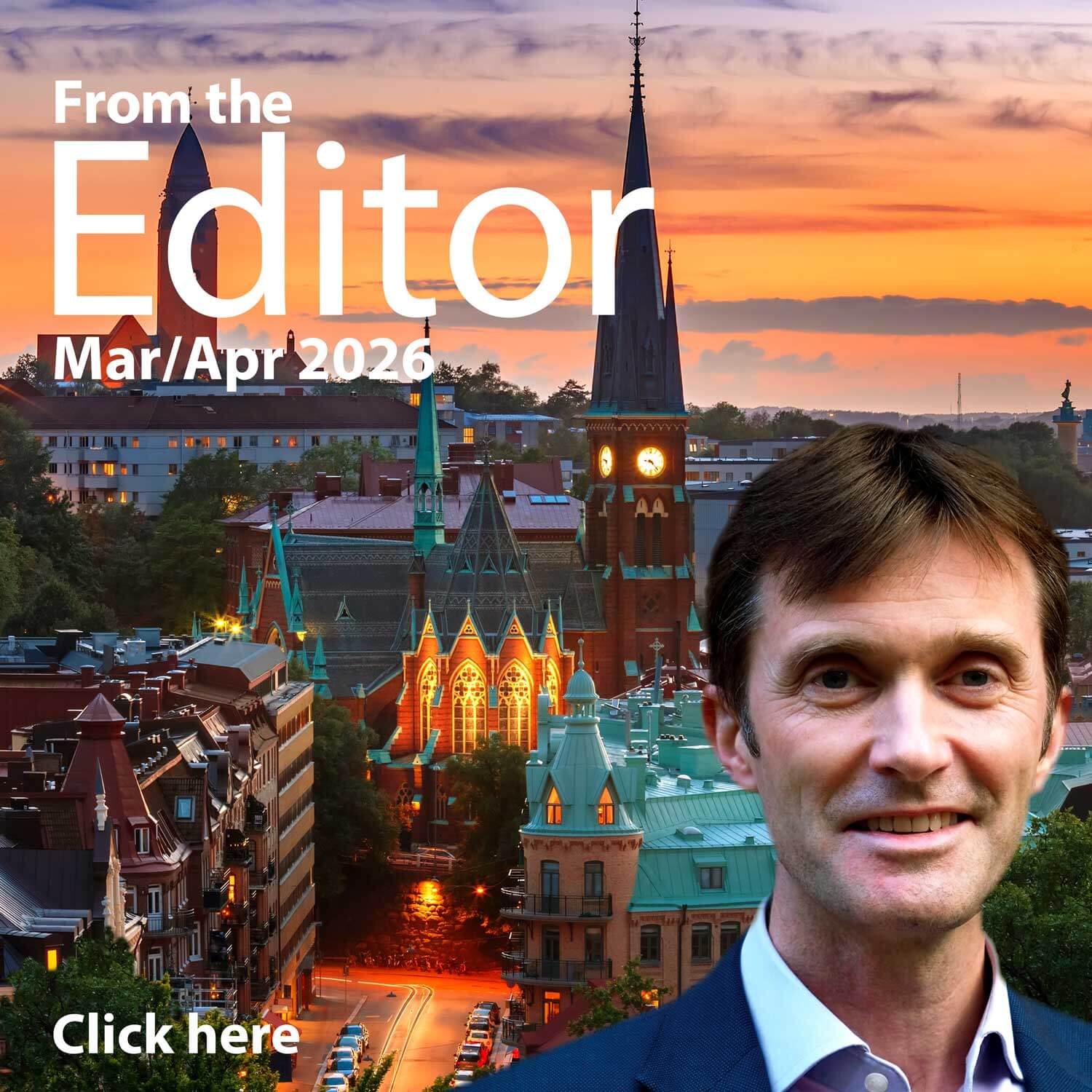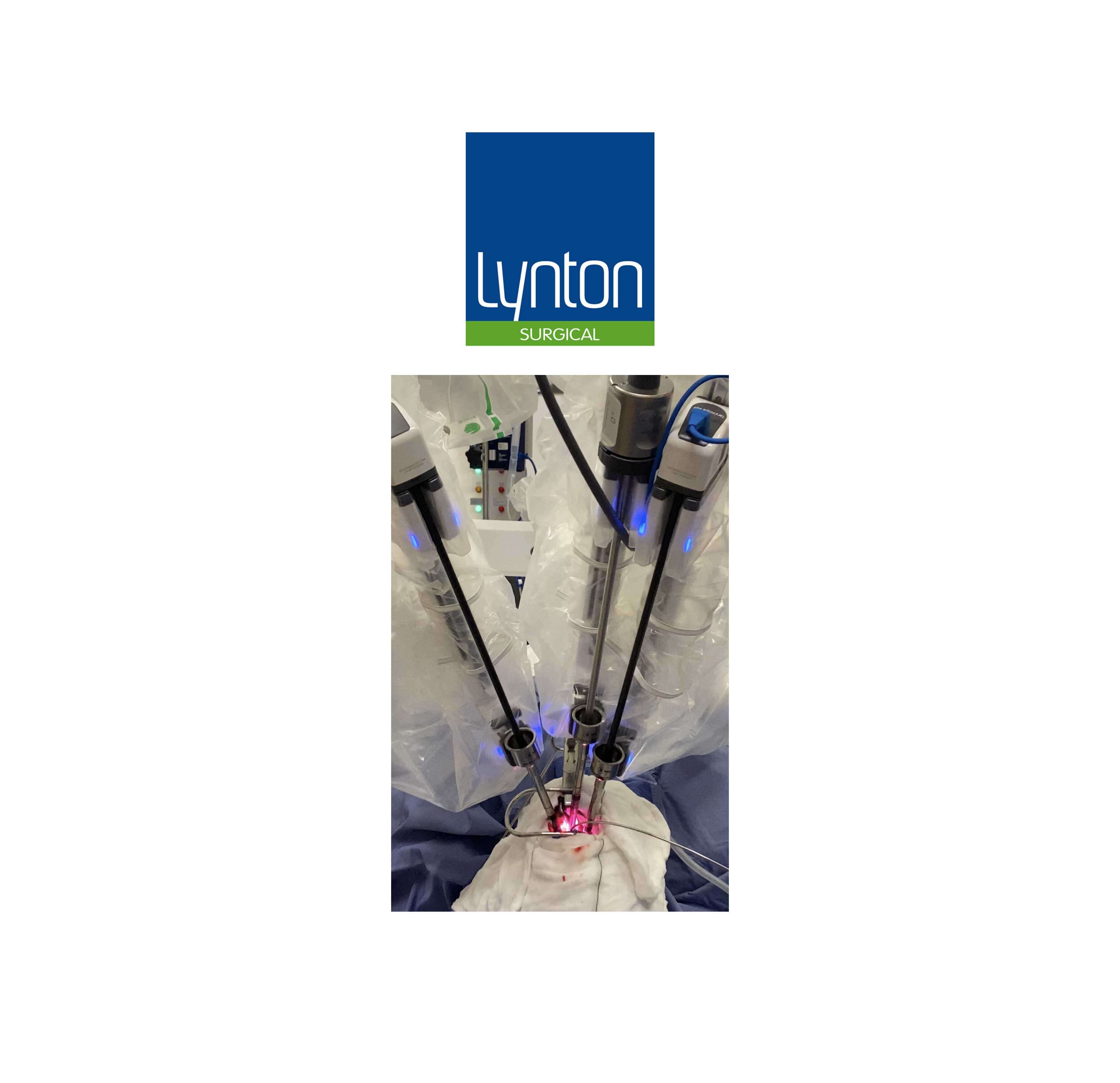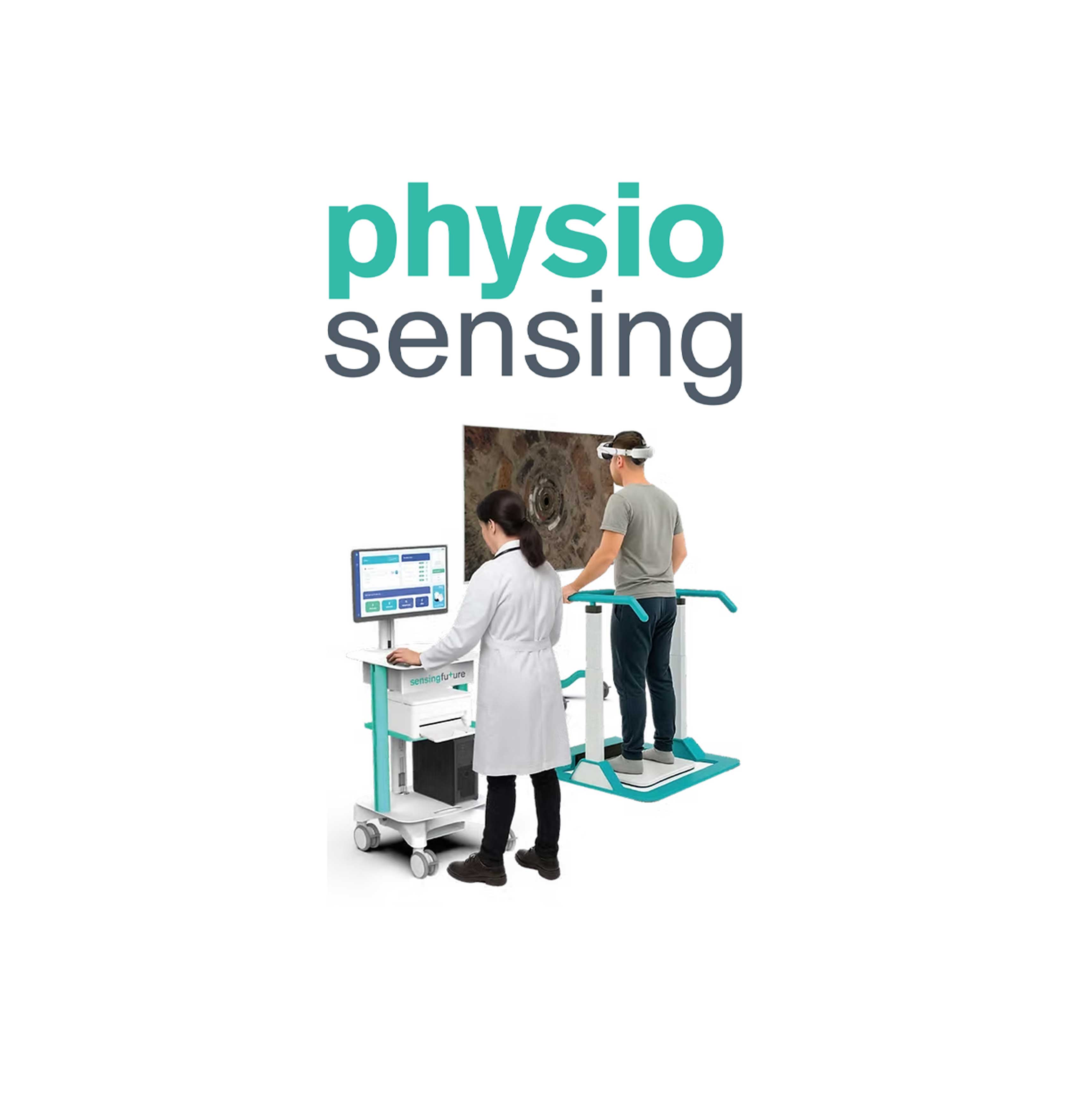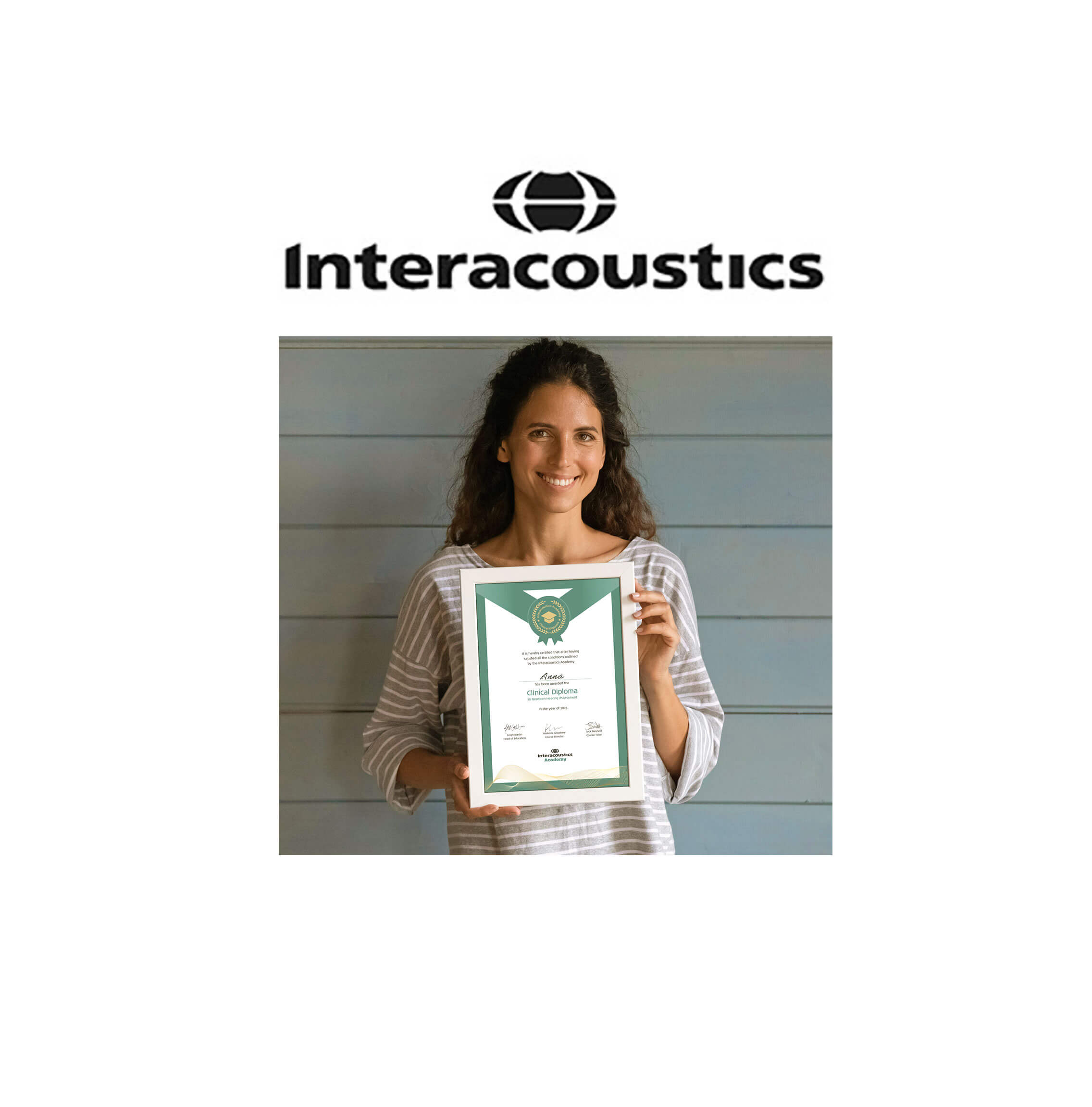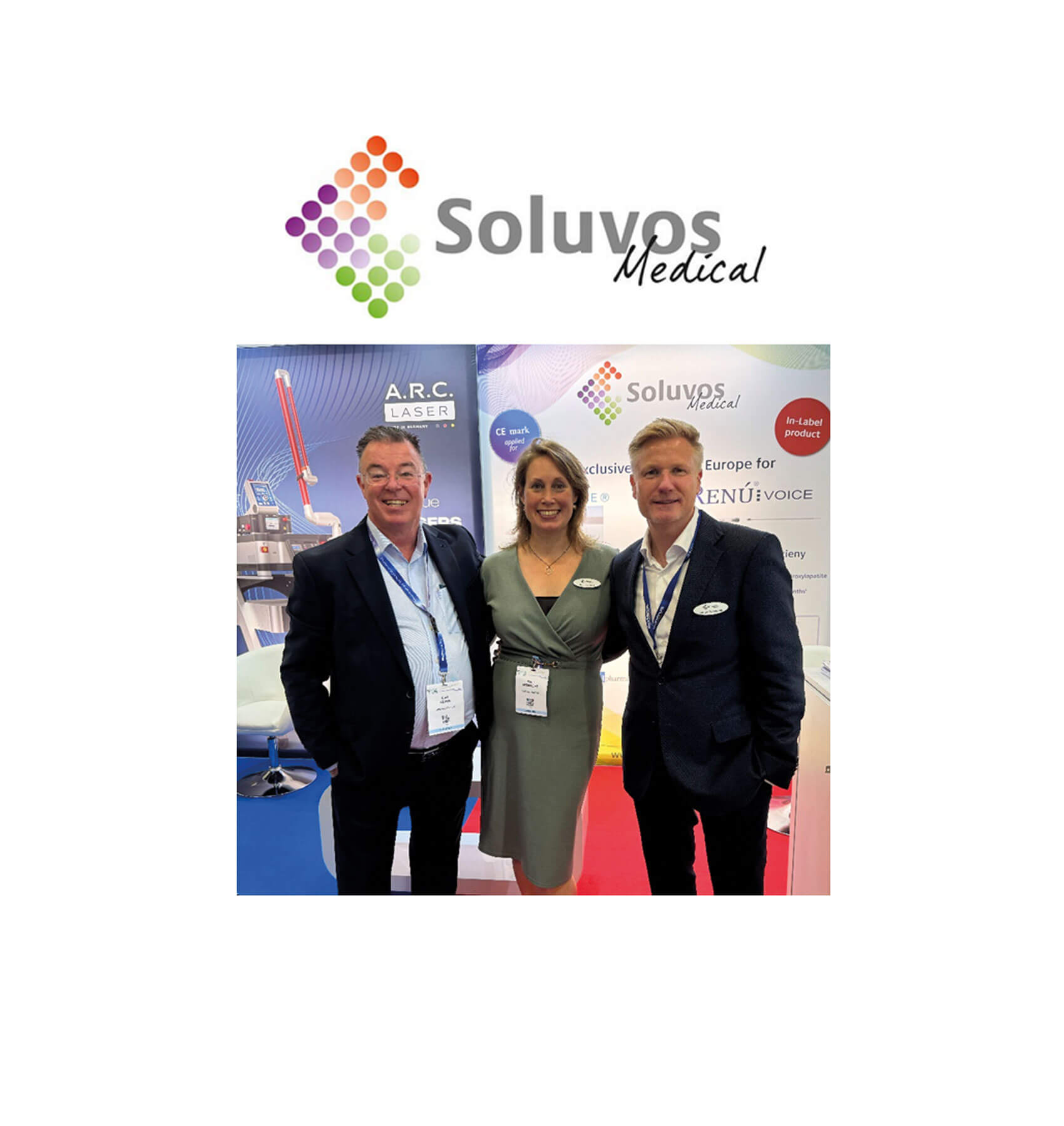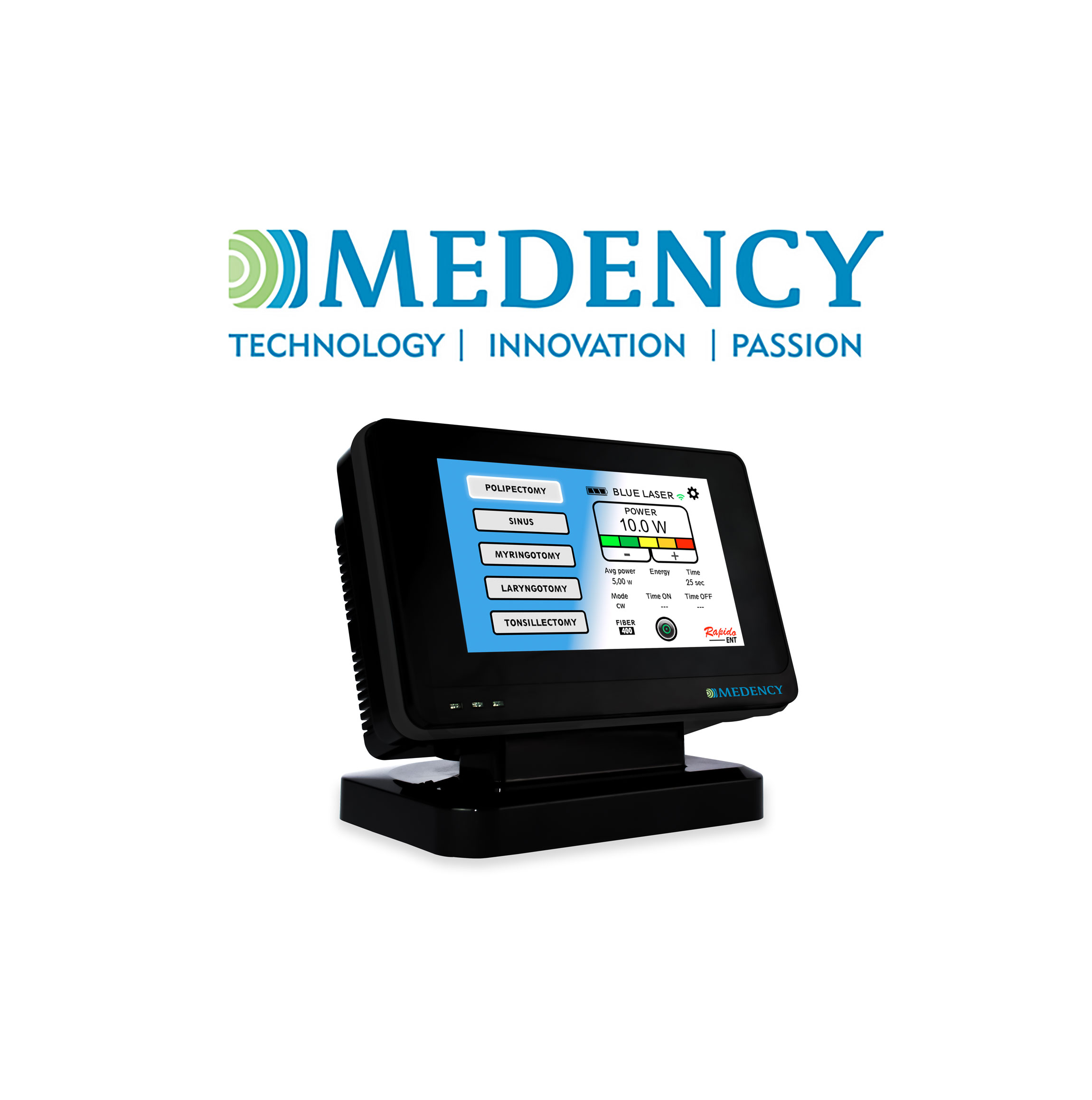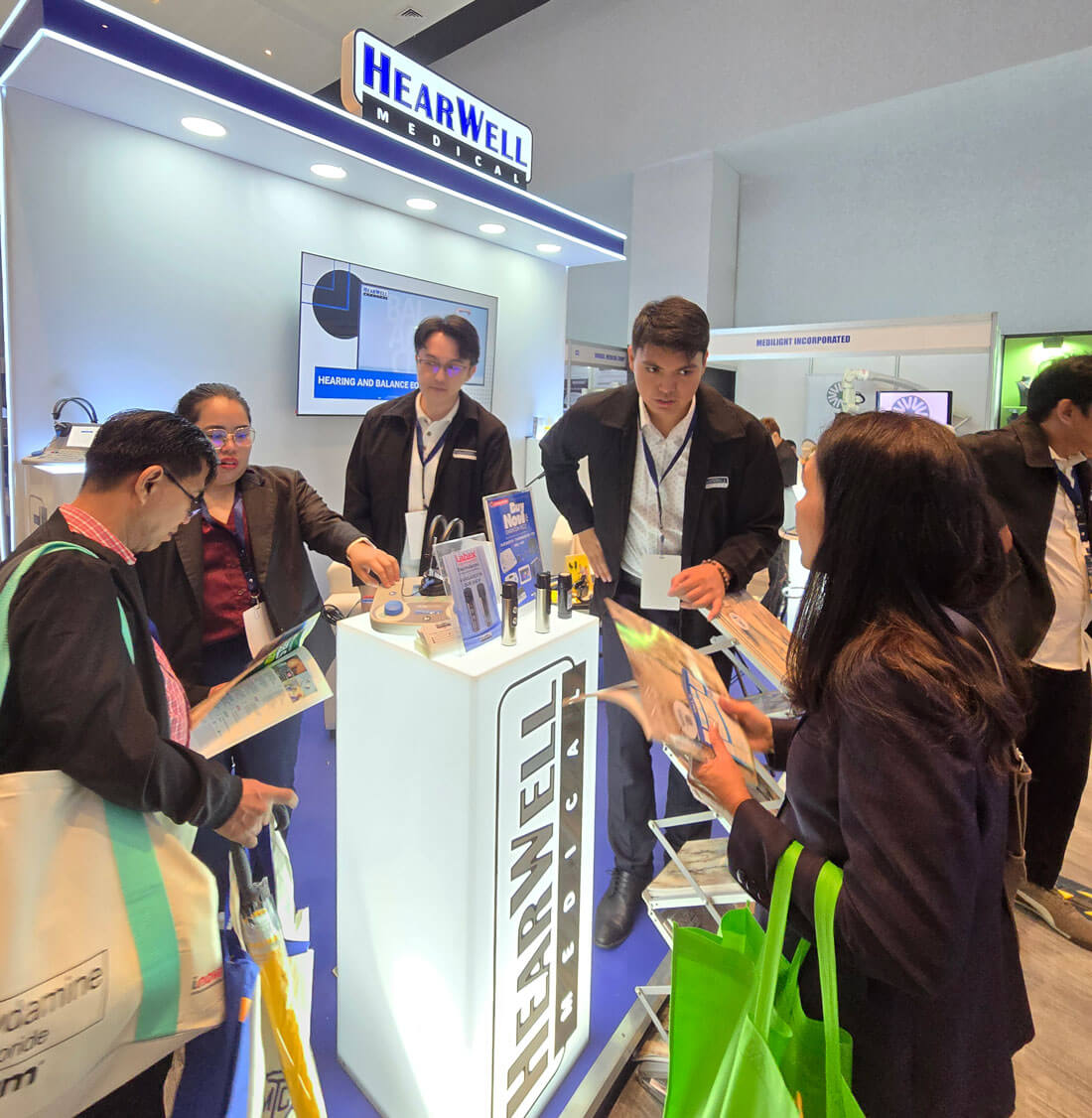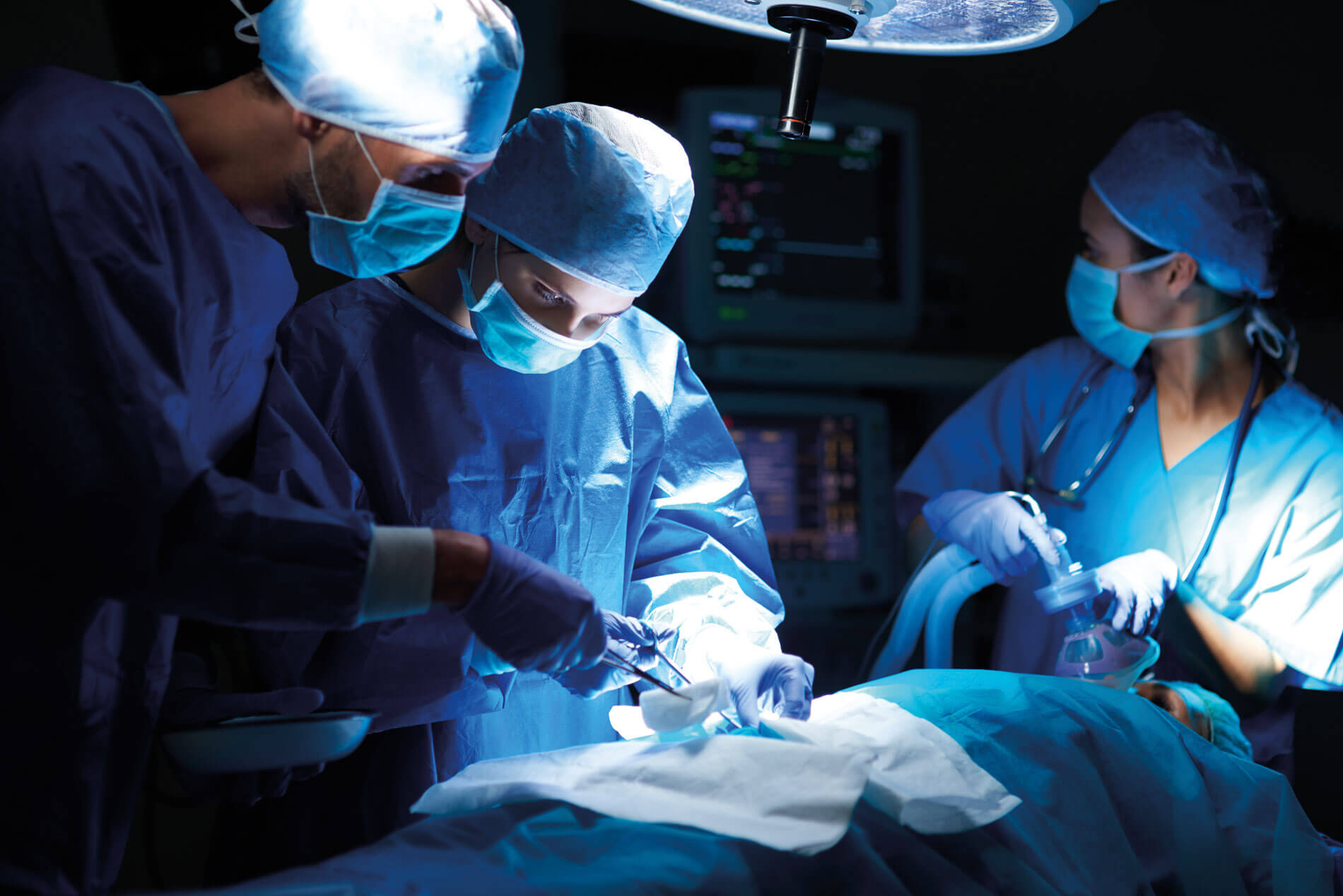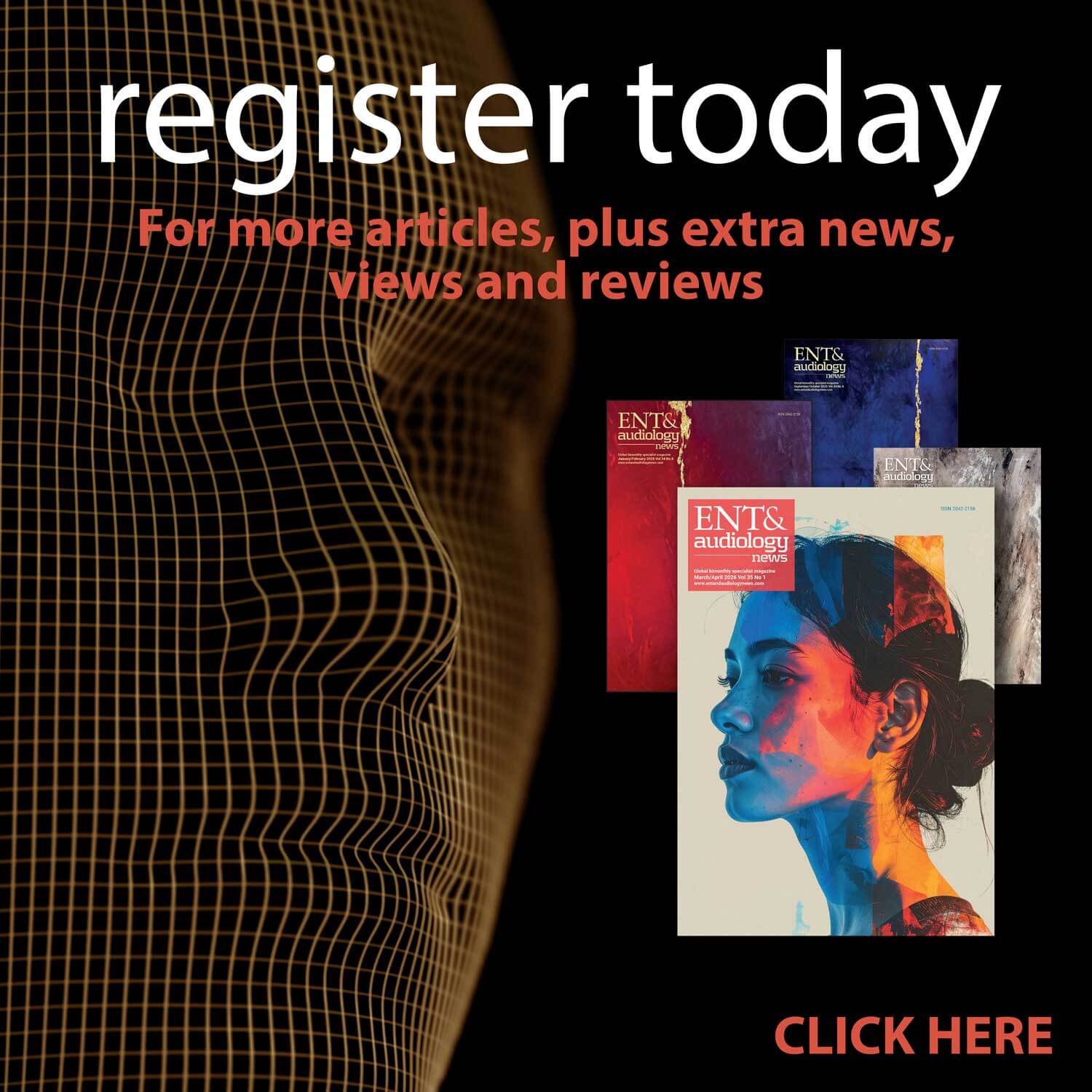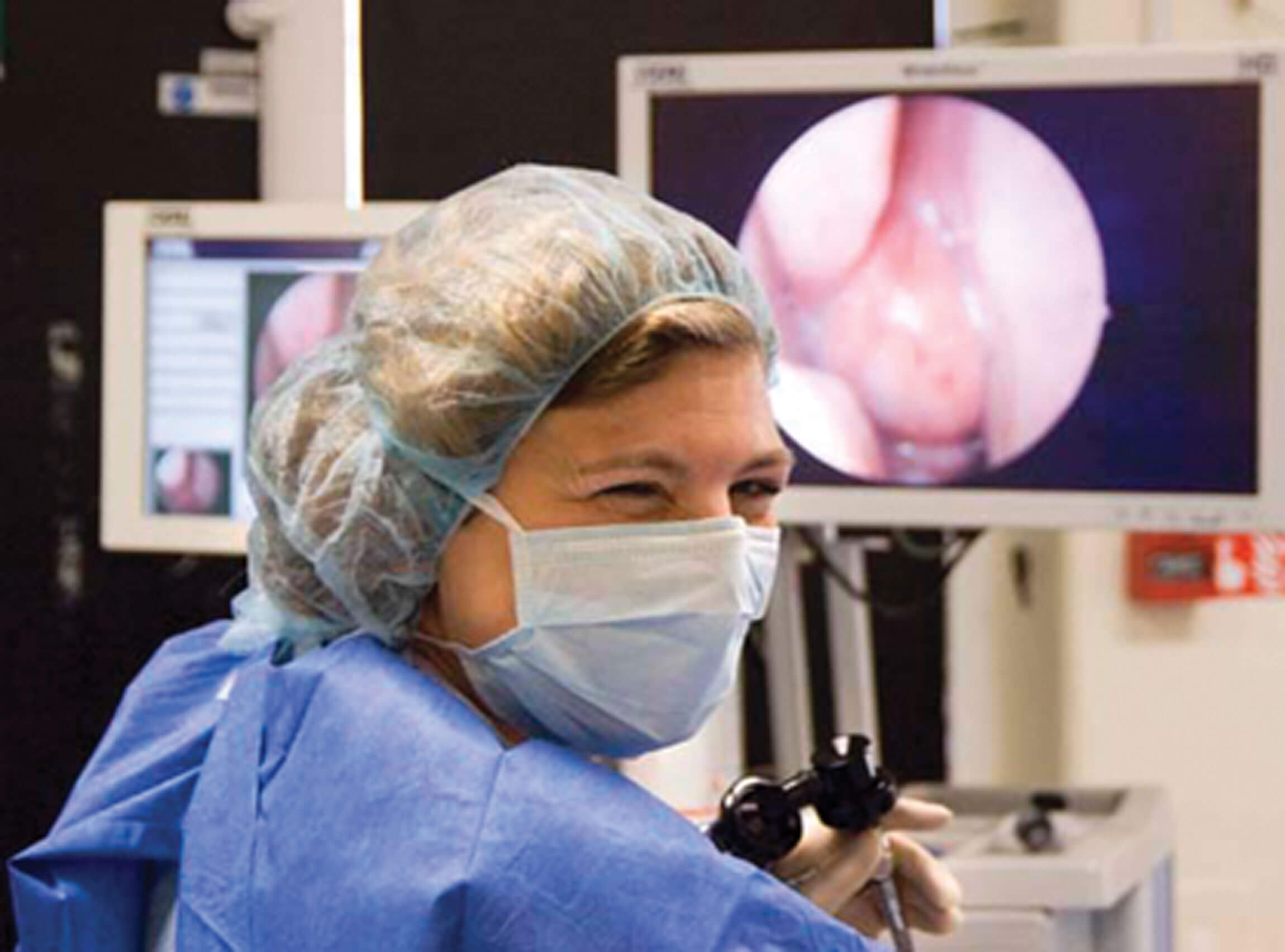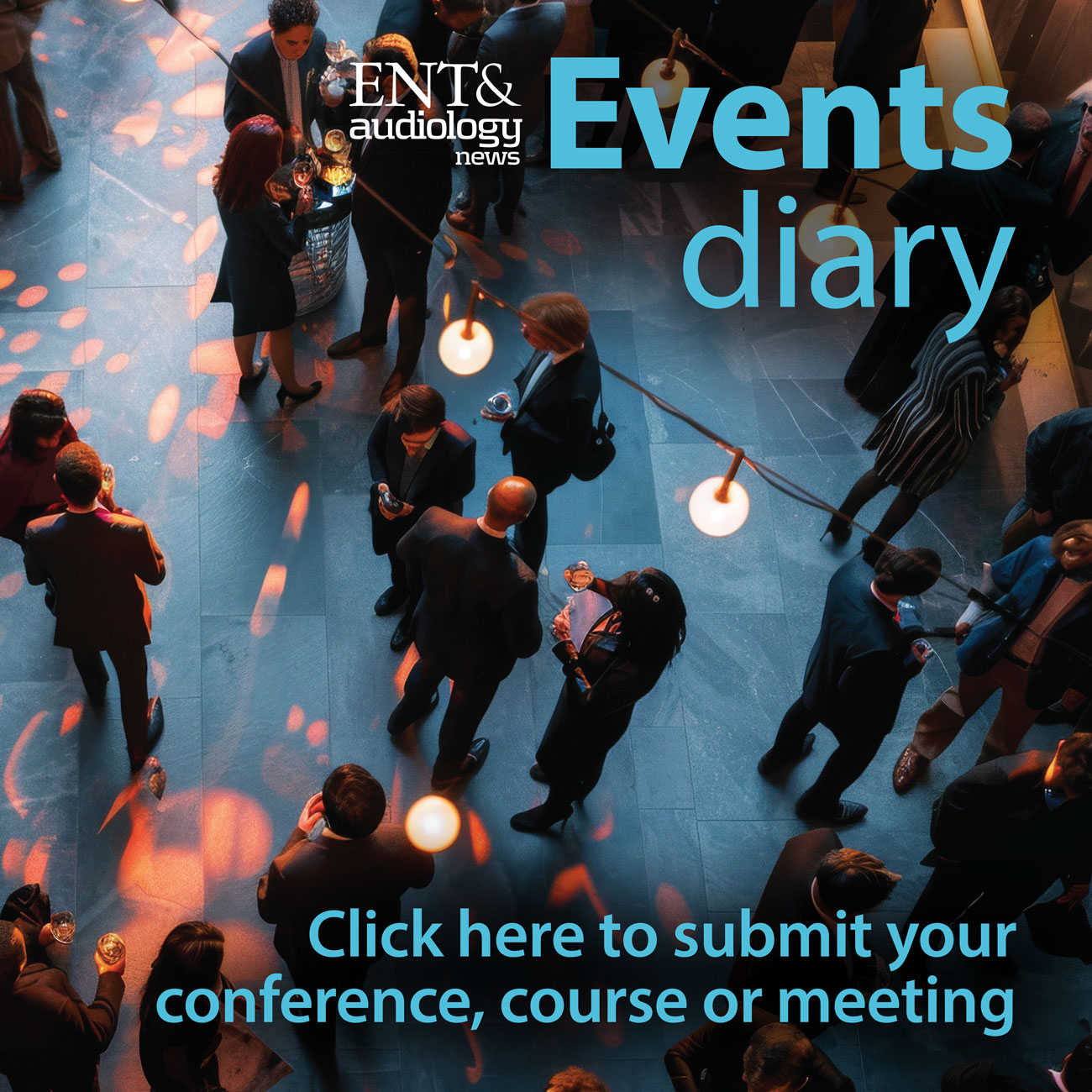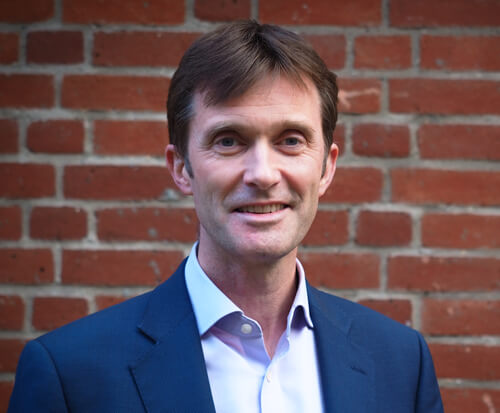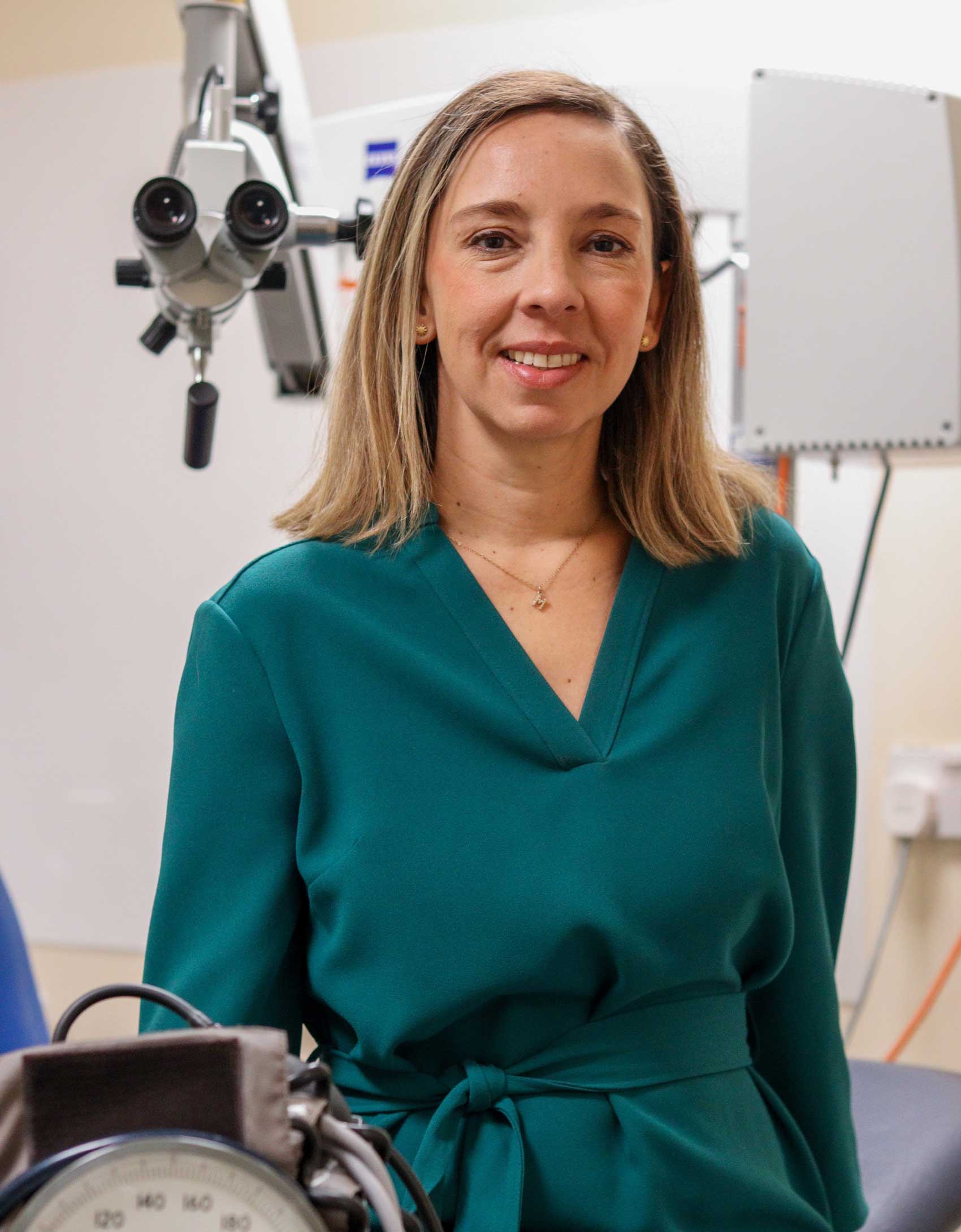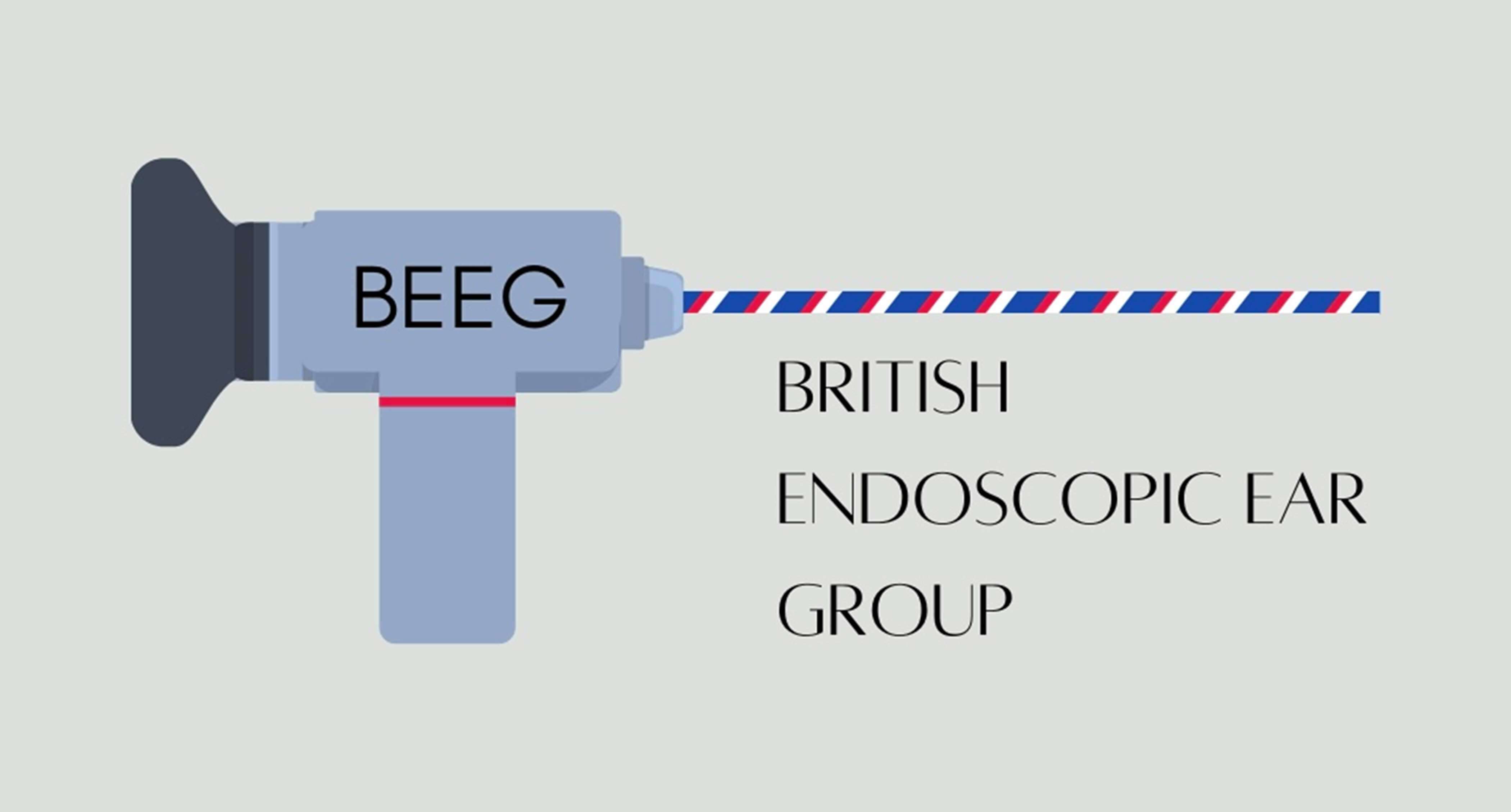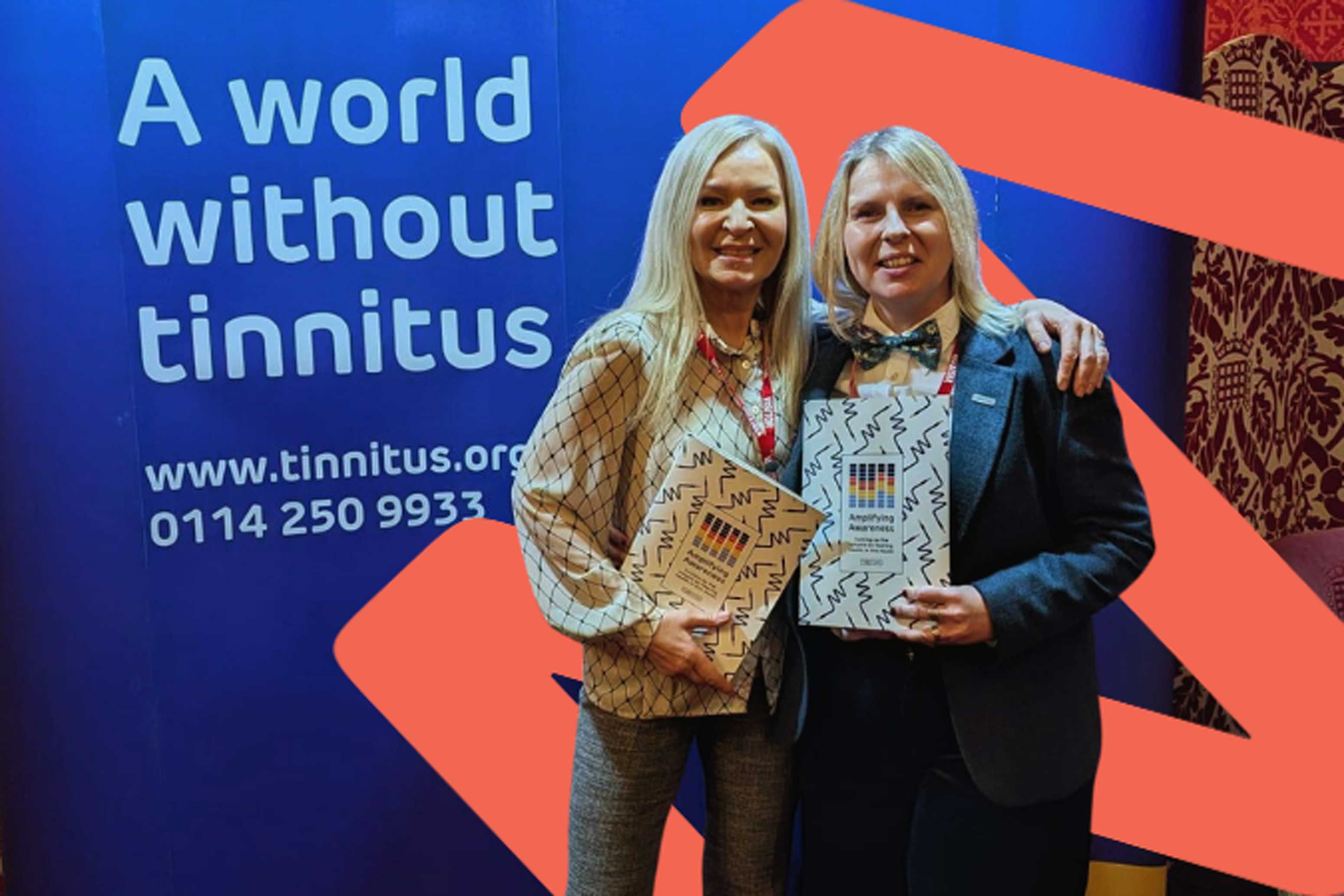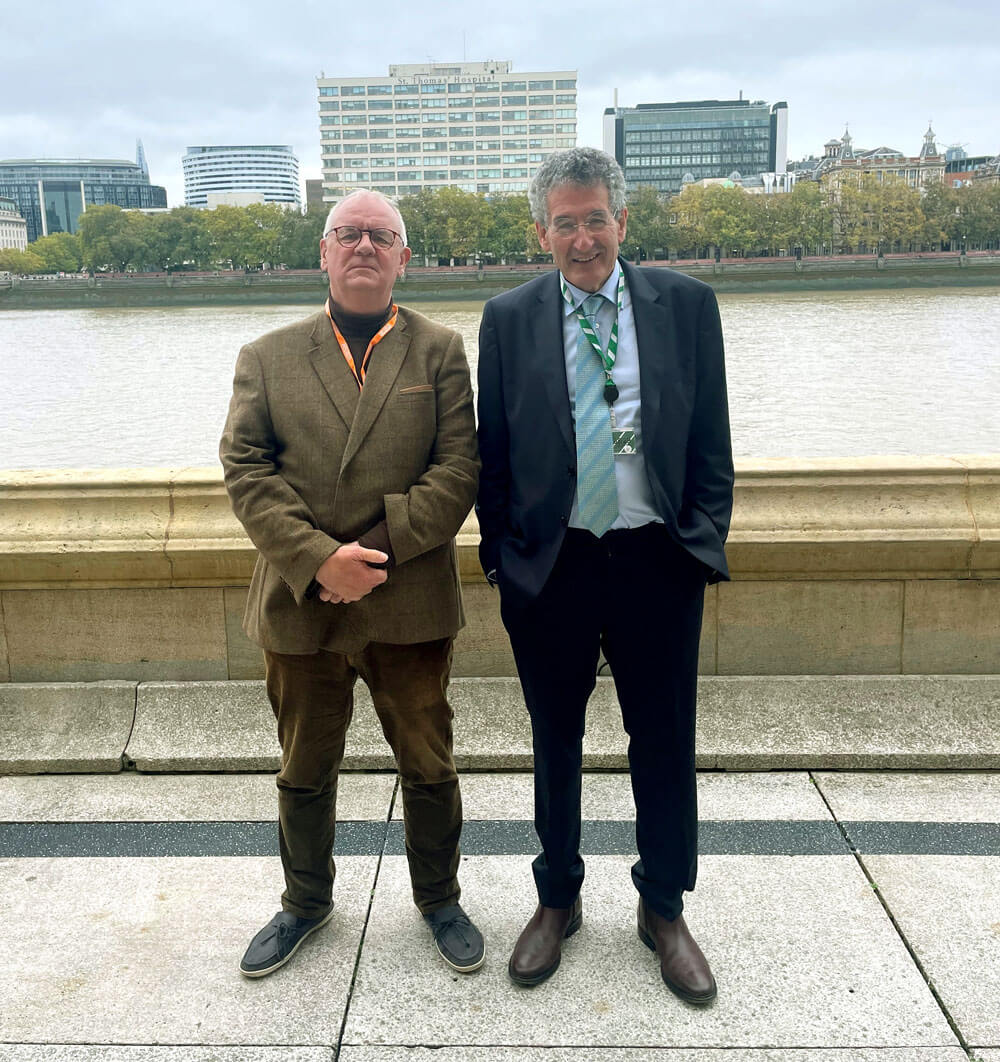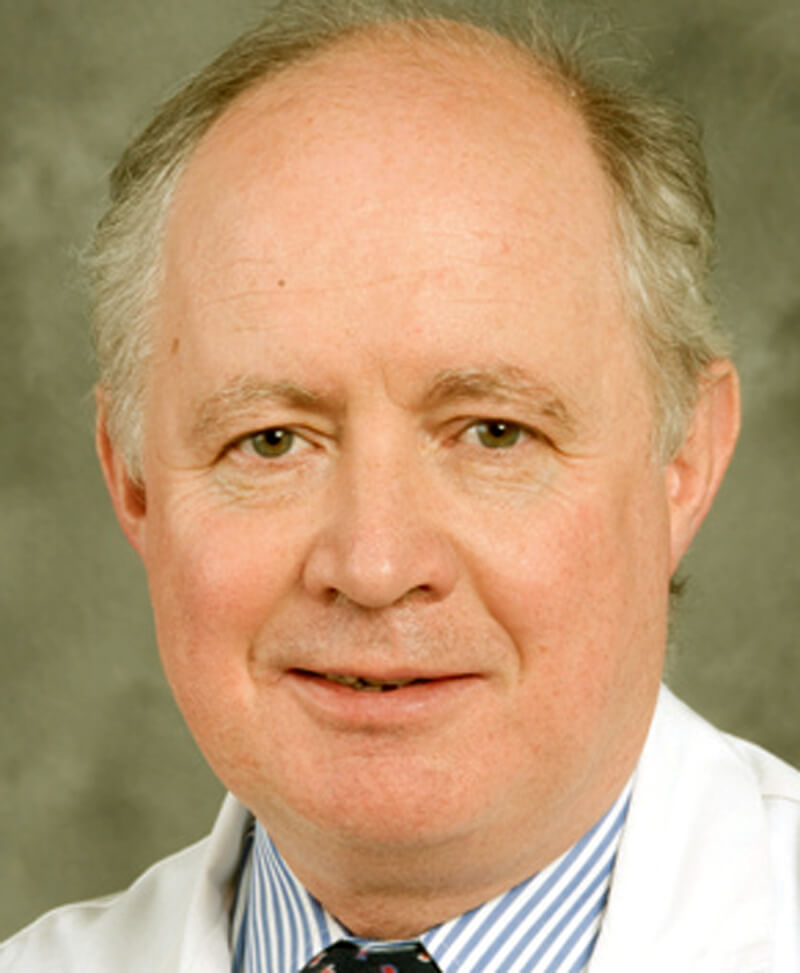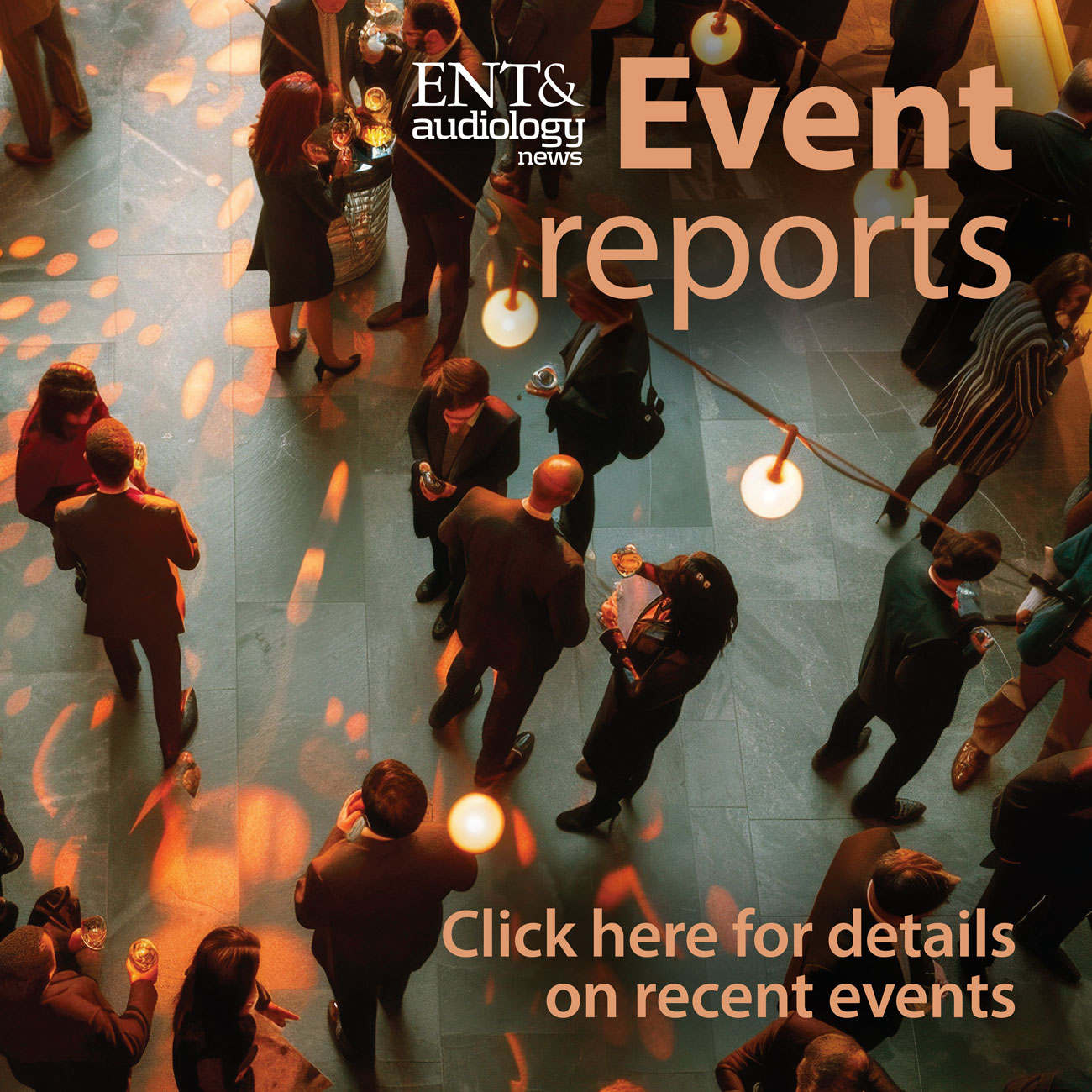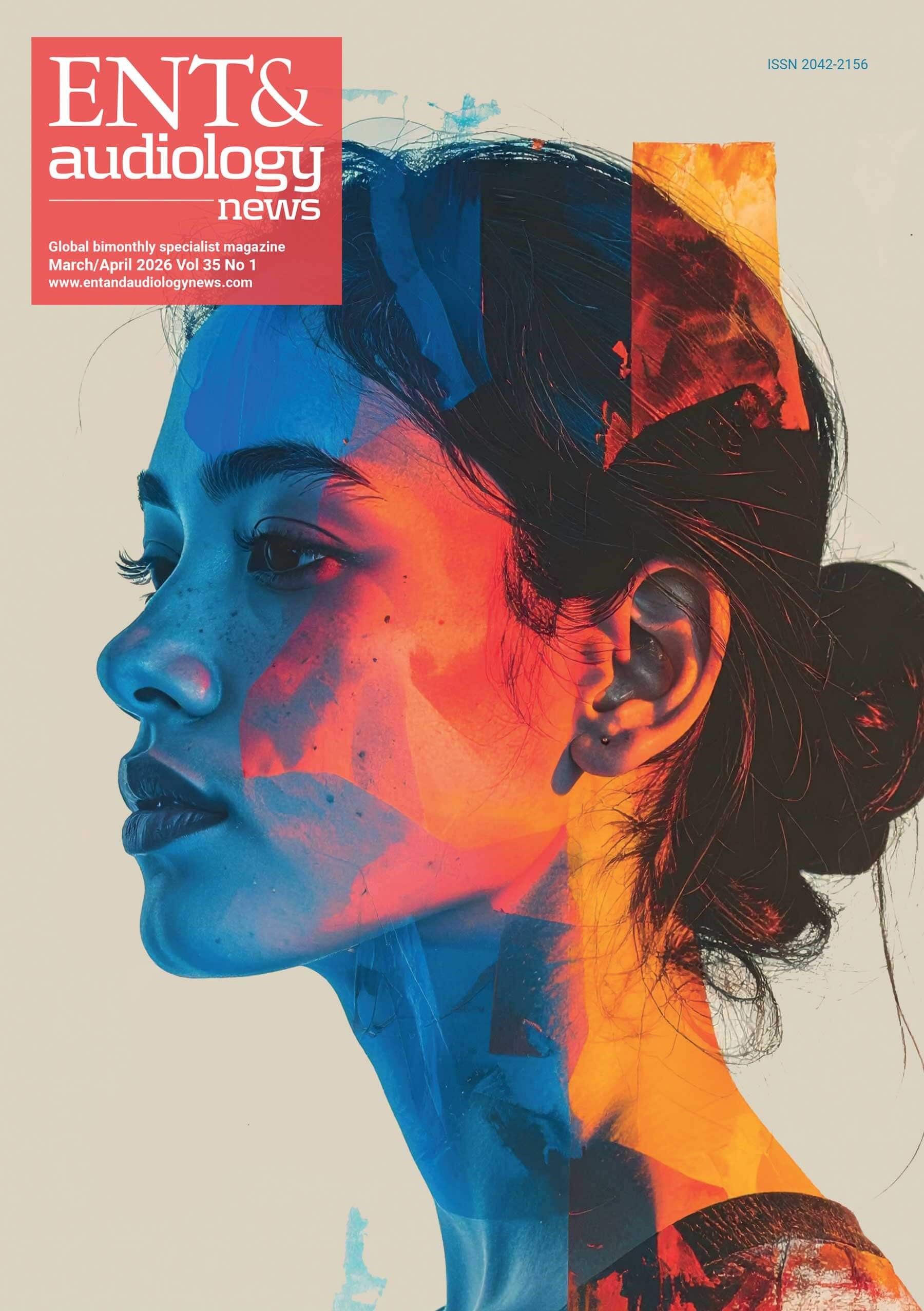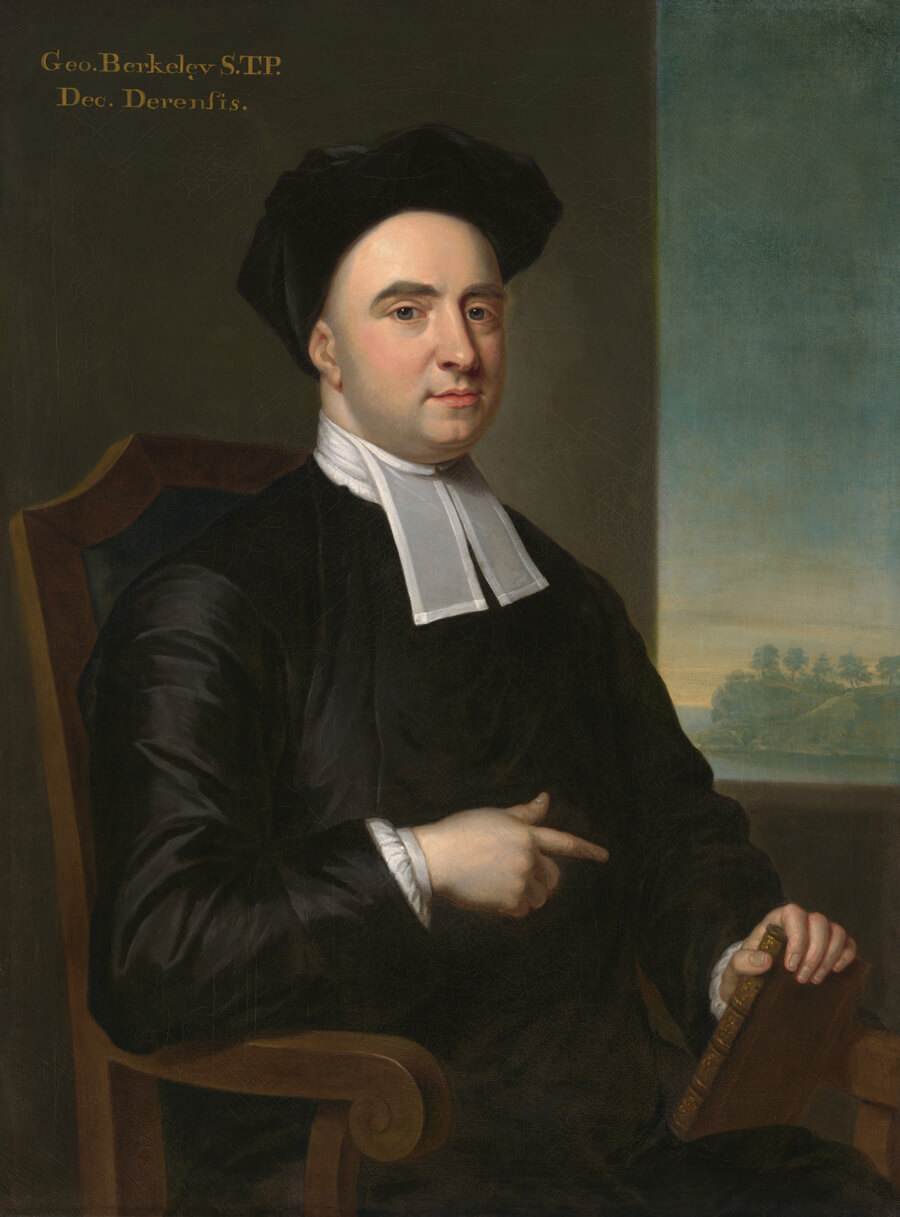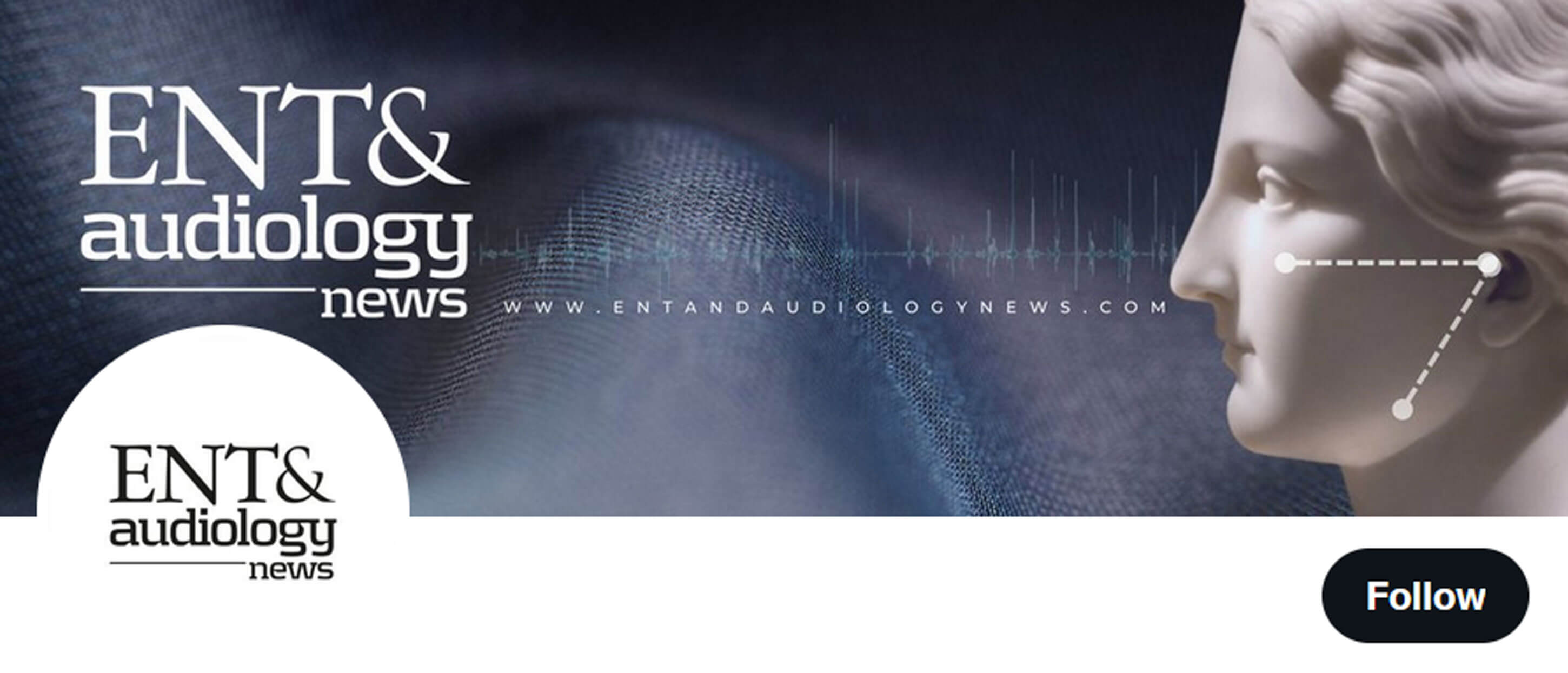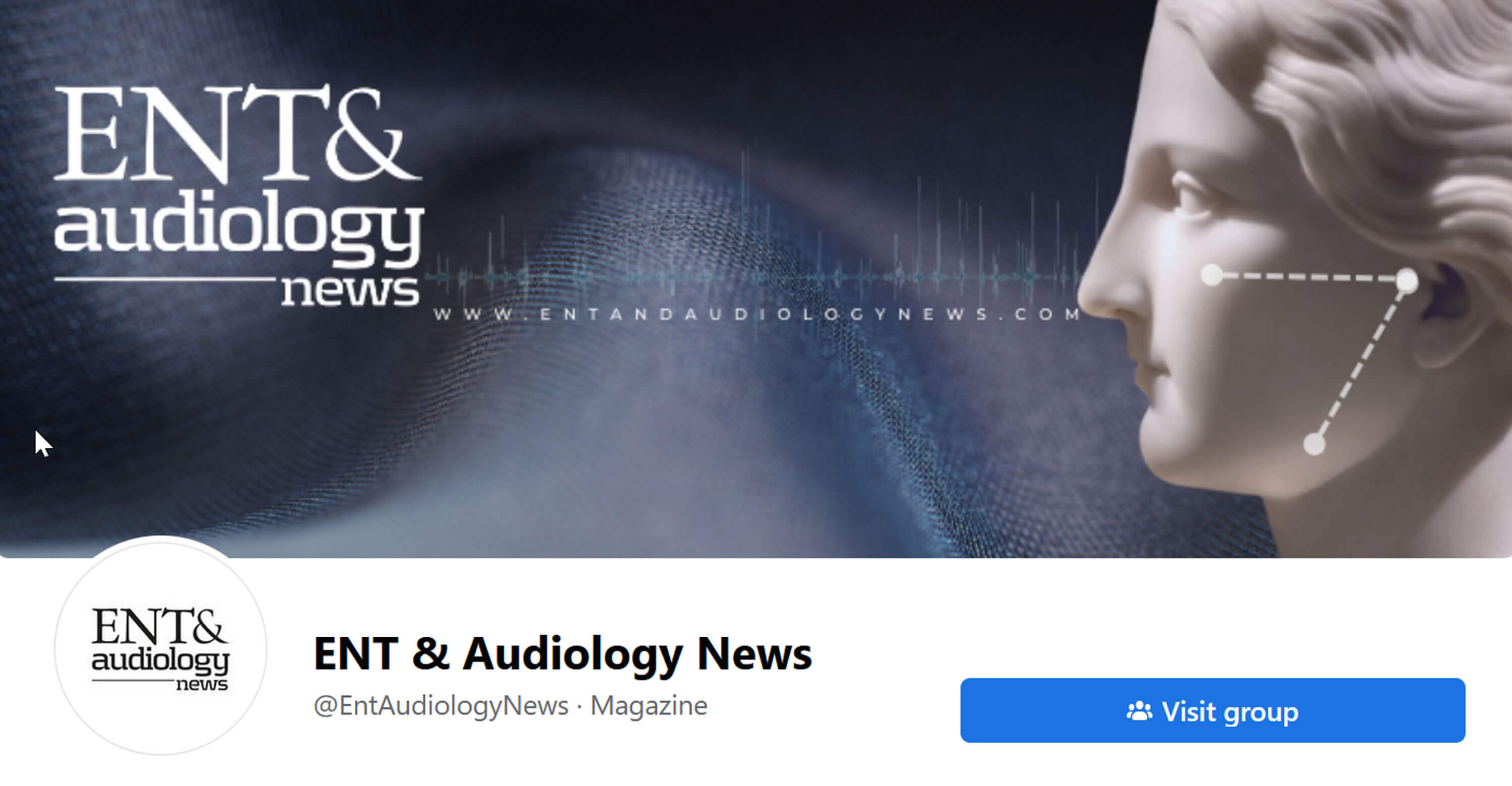The connection between hearing loss and cognitive decline: current perspectives
Lilian Felipe examines how age-related hearing loss accelerates cognitive decline and raises dementia risk, highlighting the importance of early detection and intervention. Introduction Hearing loss has traditionally been regarded as a routine component of the ageing process. Over the past...
Full DetailsJacobsen’s organ
The vomeronasal organ (VNO) was not, in fact, first described by Jacobsen in 1809, but by Frederik Ruysch (1638–1731), the noted Dutch anatomist. He had an absolute passion for embalming, and his ‘Cabinet of Curiosities’ in Amsterdam was acknowledged as...
Full DetailsOvercoming barriers to ear health in remote WA: partnerships and mobile care
Earbus Foundation delivers culturally safe, mobile ear healthcare to Aboriginal children across remote Western Australia, bridging access gaps. Otitis media, or middle ear disease, is highly prevalent in Aboriginal children in Australia [1]. Studies have shown that otitis media can...
Full DetailsHow AI is expanding accessibility for people with hearing loss in speech-to-text apps
In hospitals and clinical environments where masks are required, deaf and hard-of-hearing individuals continue to experience additional barriers due to the absence of visual cues. Similarly, large in-person meetings, virtual sessions, classrooms and lectures can be difficult to navigate when...
Full DetailsMinimally invasive craniotomy for middle fossa dura repair using the exoscope
A minimally invasive temporal craniotomy using an exoscope offers improved visualisation, ergonomics and recovery for middle fossa dural CSF leak repair. Cerebrospinal fluid (CSF) leak through a dural defect, regardless of the cause, typically requires surgical repair. Depending on the...
Full Details-
The UK government's new 10-year cancer strategy delivering plans to significantly improve cancer survival...
-
PhysioSensing OtoneuroSystem represents a new generation of technology for vestibular assessment and rehabilitation, empowering...
-
Interacoustics Academy is proud to present its 2026 educational lineup, offering audiology and balance...
-
The year has passed by so quickly but the Soluvos team is ready for...
-
Amman, Jordan – On December 3, 2025, Medency marked a significant milestone in the...
-
Hearwell Medical Philippines was honoured to participate in the 69th PSO-HNS Convention, held at...
Patient-centred and accelerating progress: two organisations changing the landscape for rare skull base tumours
Patient-led organisations are transforming care for rare skull base tumours by connecting patients, clinicians and researchers to accelerate diagnosis, support and scientific progress. Askull base tumour diagnosis is a difficult time for any patient, but it is made more uncertain...
Full Details-
10th International Congress on Innovative Approaches in Head & Neck Oncology
-
Women and Technology in Surgery
-
6th Congress of the Asia-Pacific Society of Thyroid Surgery
-
21st Annual Meeting of the Middle East Academy of Otolaryngology Head & Neck Surgery
-
Royal College of Surgeons Edinburgh Foundations in Surgical Leadership
-
Navigating UK audiology registration can be complex. This article explains the process, underscoring why...
-
This article provides practical tips for medical students to navigate theatre etiquette, engage with...
-
This story is dedicated to my dear friend and much-missed colleague, Heinz Stammberger, with...
-
Occasionally at medical meetings, a member of the audience will be unfortunate enough to...
-
Declan Costello, MA, MBBS, FRCS(ORL-HNS),Consultant Ear, Nose and Throat Surgeon, Wexham Park Hospital, Slough,...
-
Three ENT consultants feature in an exhibition that shines a spotlight on women in surgery. ‘Insight: Portraits of Women in Surgery’ runs until mid-April at the Hunterian Museum within the Royal College of Surgeons in London. It brings together women surgeons from different surgical specialities, career stages and regions across the UK.
-
The British Endoscopic Ear Group (BEEG) has been established to support the continued development and integration of endoscopic ear surgery (EES) within UK otological practice and training. Interest has grown steadily in recent years, driven by improved instrumentation, increasing published evidence, and a new generation of surgeons trained in both microscopic and endoscopic approaches.
-
Tinnitus Week 2026 in February was heralded a success after a powerful campaign for policy change and a first 'safe listening’ concert. A series of high-profile activities led by Tinnitus UK, brought together policymakers, musicians, health professionals and audiences to address the growing impact of tinnitus linked to live music and sound exposure.
-
Our former editor, Ray Clarke, spent a day at Westminster with Peter Prinsley, an...
-
On the occasion of his retirement from the Nottingham Auditory Implant Programme, we discuss...
Product Guide
Digital Issue
-
Our resident reporter at large tells us about two of his heroes, both of...
-
Chris Potter has a thing or two to say about the use of statistics...




